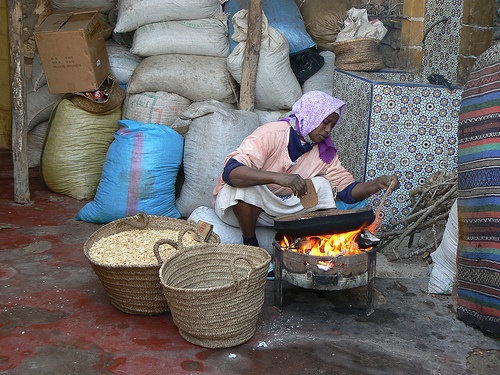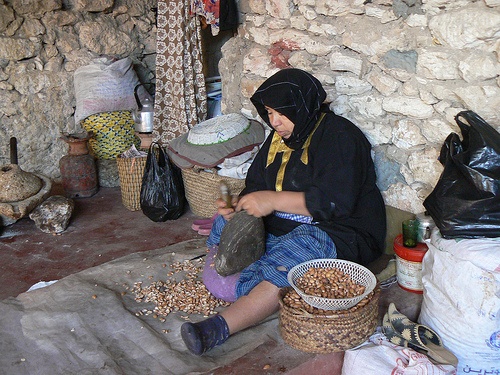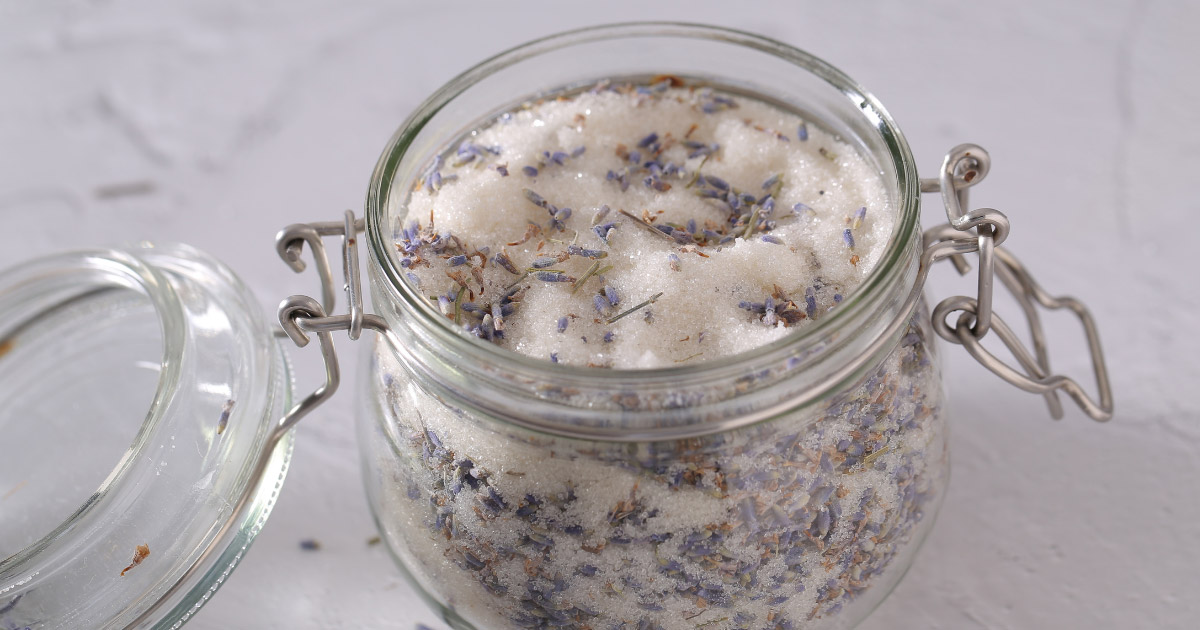Argan Oil: A Moroccan Jewel

I've heard about argan oil (Argania spinosa) for several years now, as it's gained popularity in the USA.
While in Morocco at the IFEAT conference, I listened to a wonderful lecture by Professor Saadia Zrira, a Moroccan woman responsible for launching the first female cooperative of women producing argan oil in Morocco.
Professor Zrira's concentration is the technology of extraction, quality control, and women's issues. As you can imagine, I sat in the front row while she talked! Her interest is in discovering sustainable solutions to poverty and environmental concerns in rural Morocco through the cultivation of indigenous plants and the production of oils.
Argan oil is one of these solutions.
How is it produced?
Once ripe, argan fruits are typically collected by women and brought to the village where they are broken down the traditional way between two stones. The remaining shells are usually used to feed needed fire. After getting rid of the shells, the almonds are then closely crushed along with some water in a handmade mill called an azerg. Then the obtained dough is kneaded repeatedly and pressed by hands to extract argan oil. The residue is conserved and used to feed livestock. Using this traditional way, it takes more than 10 hours to produce just one liter of argan oil.
You would appreciate knowing that to produce just one liter of argan oil, you need, in good years, no less than eight argan trees. A long day of labor is needed to get such a precious liter of oil.
The process includes the following:
Argan fruit drying.
Pulping.
Getting rid of argan nuts shells one by one and by hand.
Crushing and grinding roasted argan the traditional way.
Hand-pressing and extracting this legendary oil.
The oil produced in this traditional method is said to have a shelf life of approximately three to six months. I would suggest buying small amounts two to three times a year and refrigerating it. This will help keep it fresh.
Professor Zrira shared that about 50 women's cooperatives in Morocco produce argan oil using the traditional method. These cooperatives are a valuable resource for Berber women to make a living.
 Copyright https://www.flickr.com/photos/dianjo
Copyright https://www.flickr.com/photos/dianjo
Research:
There are several studies on the nutritional benefits of using argan oil in your diet. If you go to PubMed and search argan oil, no less than 23 studies appear!
Properties:
There are many claims about the properties of argan oil for the skin. Research into argan oil's viability in treating psoriasis and acne has shown promising results. There are also many personal reports from people using the oil to protect the skin, nourish hair and nails, heal wounds, and relieve the pain of rheumatism.
I love the toasted, nutty aroma, the golden color, and the feel of the oil on my skin. I think it is an excellent carrier for essential oils.
 Copyright https://www.flickr.com/photos/dianjo
Copyright https://www.flickr.com/photos/dianjo





